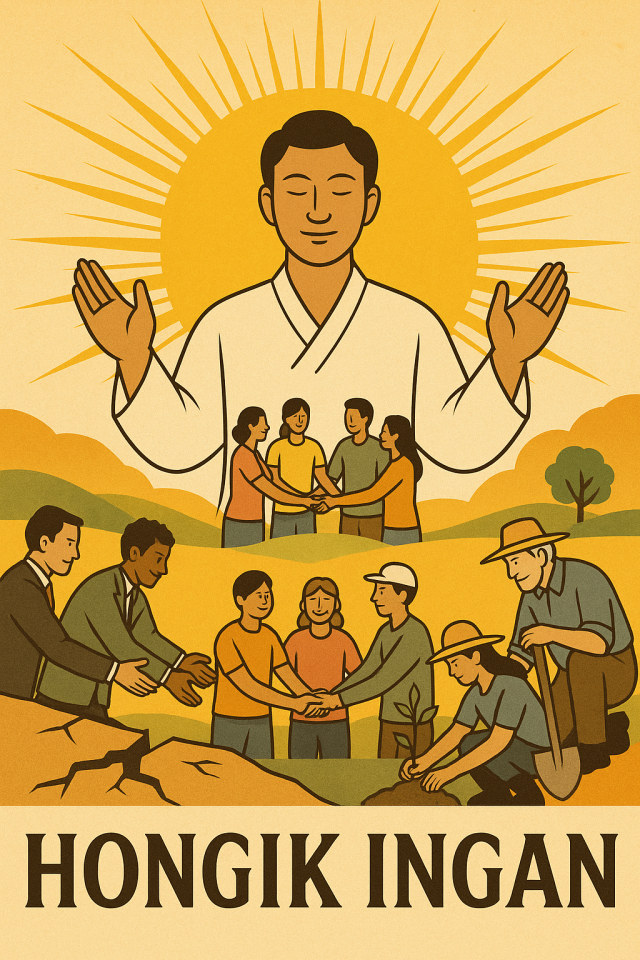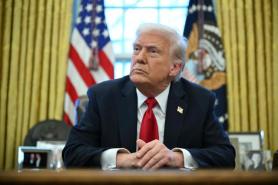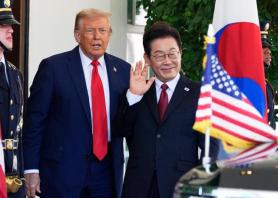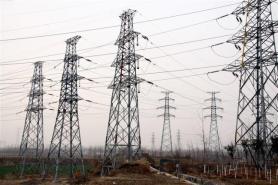
The world today is being torn apart by widening polarization. Few places illustrate this more vividly than the United States. President Donald Trump’s “MAGA (Make America Great Again)” agenda—centered on reviving American manufacturing, cutting taxes, and tightening border controls—did produce short-term economic gains and job growth.
Yet it also deepened the divides between the wealthy and the working poor, between regions, and across racial and cultural lines. The political aftershocks were unmistakable: the election of a progressive Democrat as mayor of New York and the rise of a 30-something female mayor in Seattle signaled a powerful pushback against elite-centered conservatism.
This pattern is hardly confined to America. Across Europe, far-right and far-left parties are gaining ground simultaneously, hollowing out the political center.
In Asia and Latin America, economic and social fractures are growing deeper. More troubling still, global polarization is increasingly intertwined with international conflict. The wars in the Middle East have ignited explosive combinations of religious rivalry and geopolitical competition, destabilizing economies far beyond the region. The Russia–Ukraine conflict has revealed how ethnic and national tensions can metastasize into global fractures with alarming speed. These are not merely territorial disputes—they are collisions of faith, identity, culture, and history. And they push the world further into darkness.
How do we reverse this trajectory? No single policy or institutional fix will suffice. Polarization is not only about wealth gaps or political disagreements. At its core, it is a crisis of values—a loss of shared purpose, a fading sense of community, a withering belief that humanity is bound together rather than broken apart.
This is where an ancient Korean philosophy, passed down from the era of 'Dangun', offers a surprisingly relevant guide. The principle of 'Hongik Ingan'—rooted in the teachings of 'Cheonbu-gyeong', 'Samil-singo', and 'Chamjeon-gye-gyeong'—is often translated as “to broadly benefit humankind.” But its meaning runs far deeper.
The 'Cheonbu-gyeong' emphasizes the harmony of the universe and reminds humanity that its prosperity is inseparable from balance with nature and society. The 'Samil-singo' teaches that the human mind is fundamentally one—a call for unity over division. The 'Chamjeon-gye-gyeong' lays out principles of righteous leadership, insisting that true authority serves all people, not just privileged groups.
Far from being a narrow cultural concept, Hongik Ingan is a universal ethic—a framework for a world searching for cohesion.
The global conflicts we face today arise from losing the ability to see others as part of “us.” Politicians manipulate anger to win votes. Economies sacrifice the vulnerable in the name of efficiency. Nations elevate national interest above global responsibility. The result is isolation for individuals, fragmentation of communities, and escalating confrontation among nations.
'Hongik Ingan' offers a counter-current powerful enough to slow this tide. It calls for politics that serve the many, not the few; economies that value fairness as much as growth; and societies that pursue coexistence rather than perpetual conflict. It is a philosophy that aligns remarkably well with the moral imperatives of the 21st century.
To put the world back on a path toward integration, what we need is not merely structural reform, but a deeper shift—an ethic of empathy, a restoration of values, a renewed commitment to coexistence. The ancient Korean ideal of Hongik Ingan may be centuries old, but its relevance today is striking. It offers a vision capable of addressing the crises that define our era: inequality, religious conflict, ethnic wars, and national division.
What the world needs now is not the politics of “Who will win?” but the philosophy of “How can we live together?”
'Hongik Ingan' is not only an ancient principle. It may be the starting point for global healing.
The author is the chairman of Asia-Pacific Economic and Culture Association.
Copyright ⓒ Aju Press All rights reserved.



